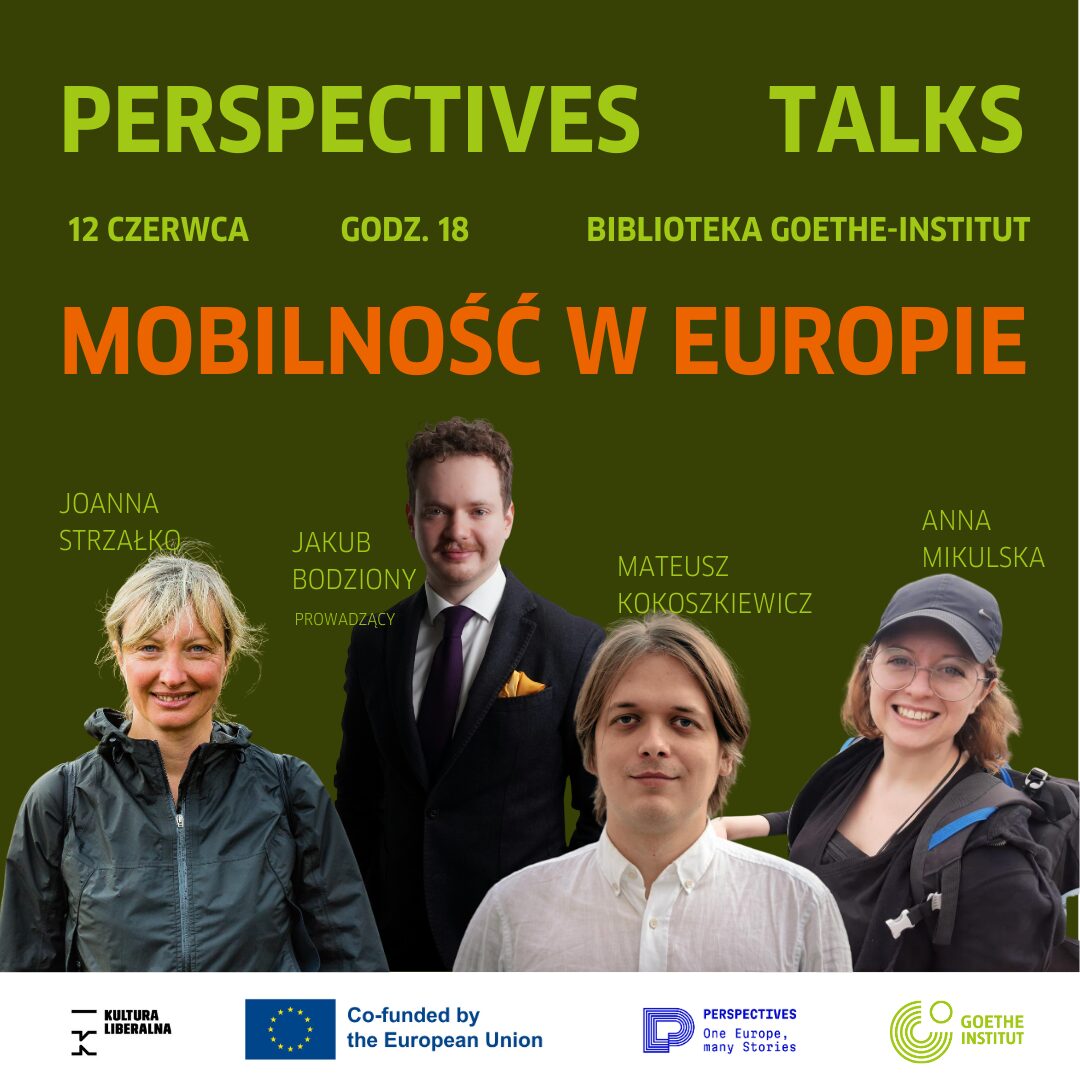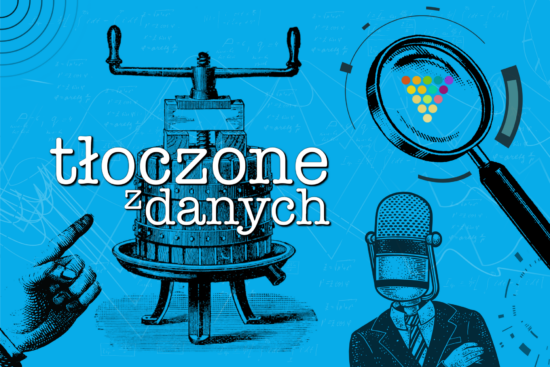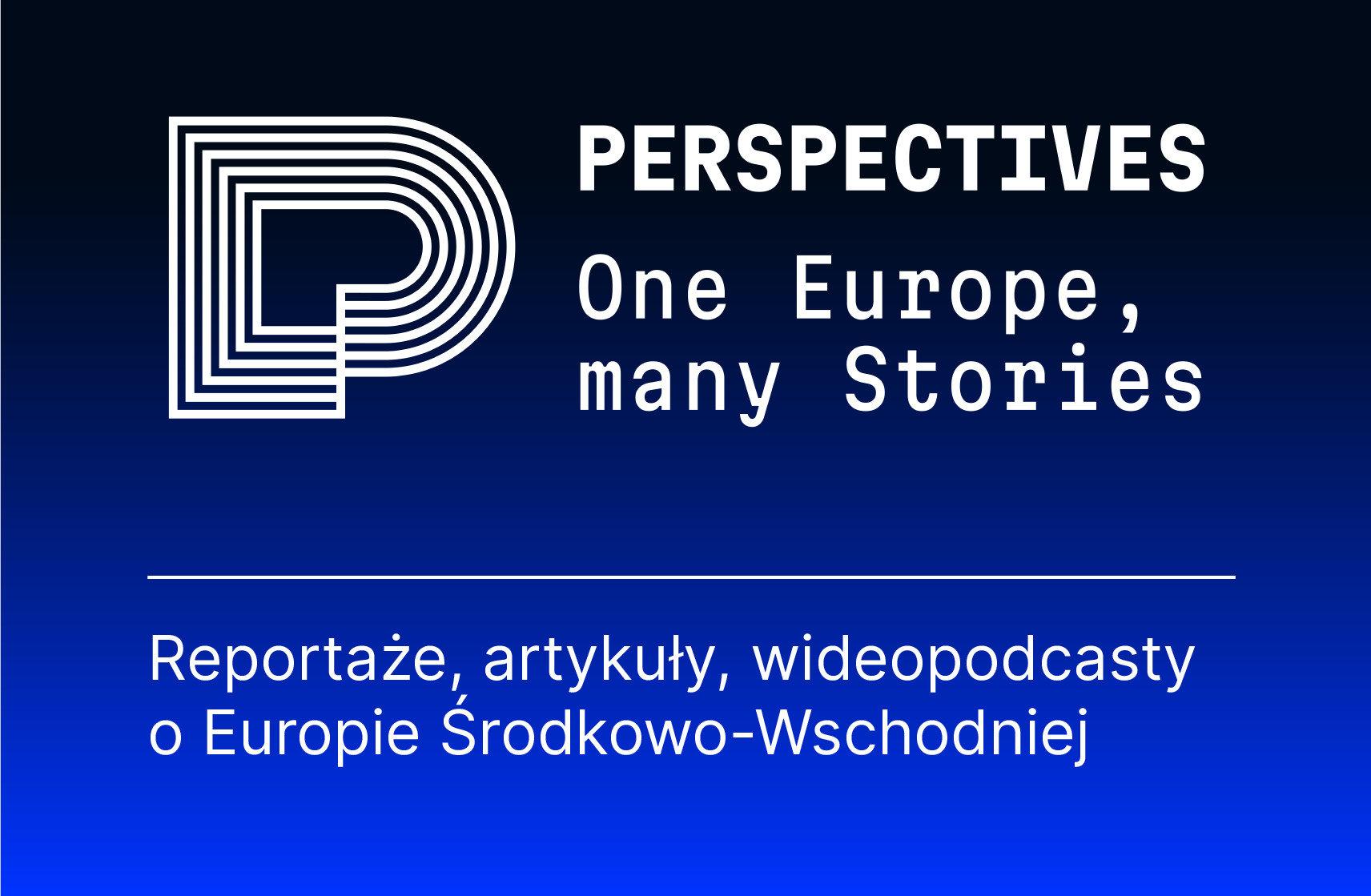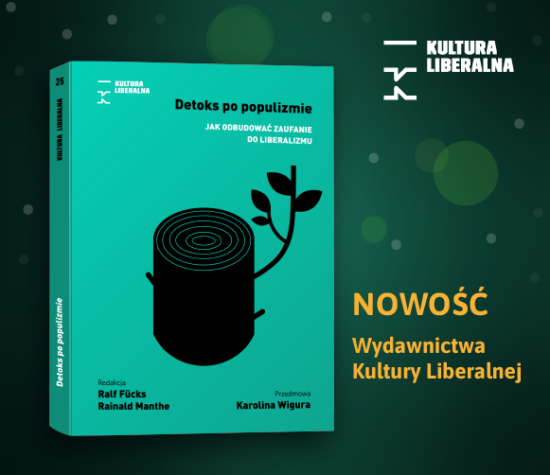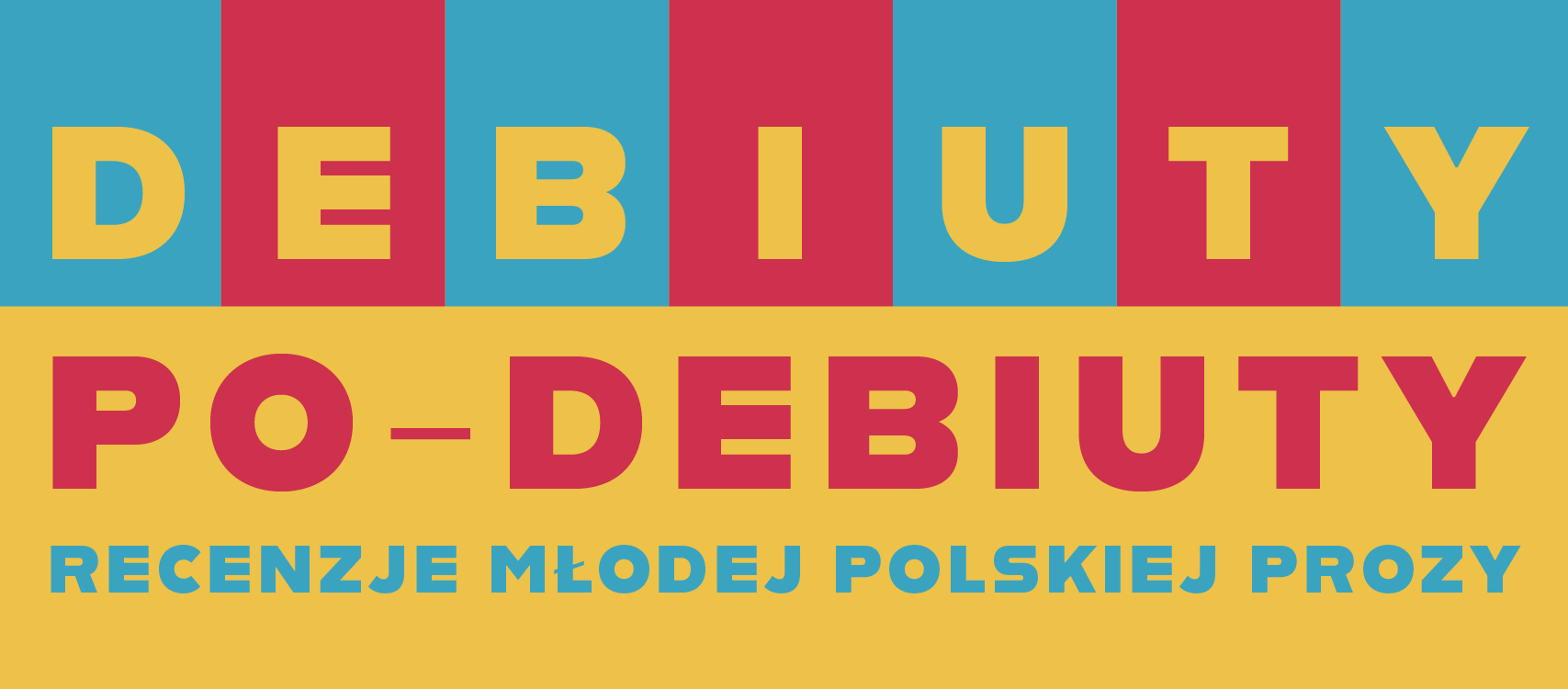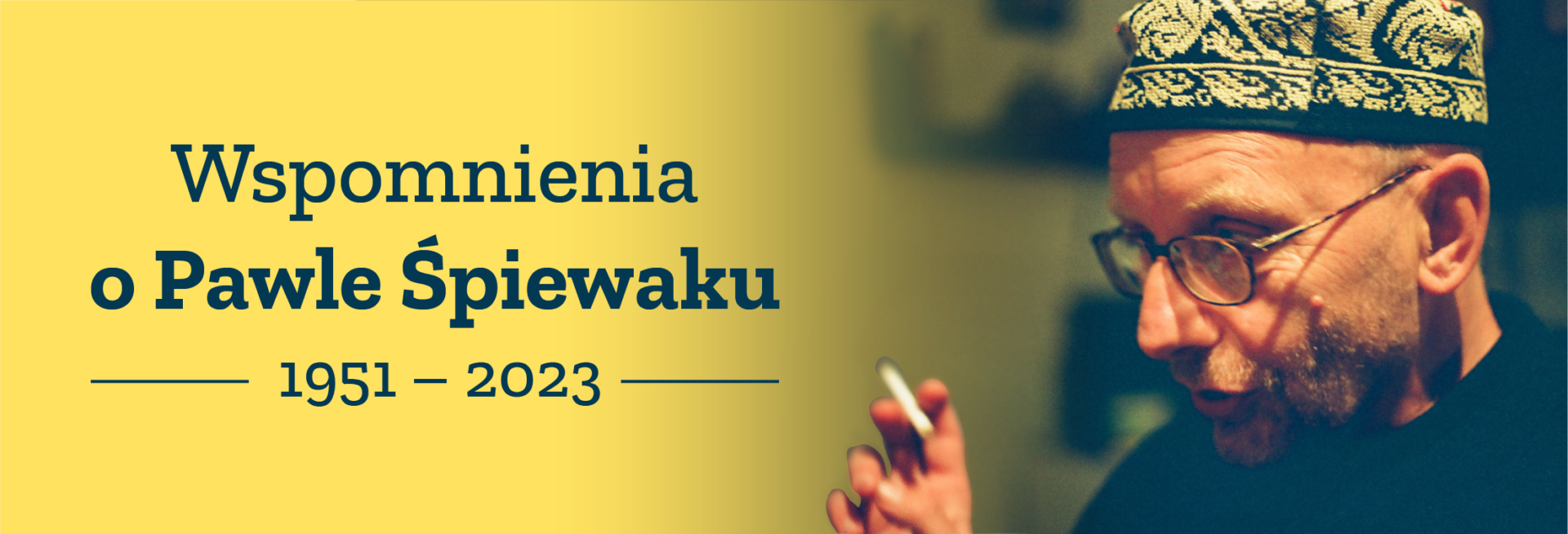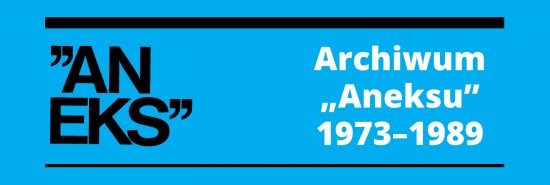KULTURA LIBERALNA > Pytając > Between passions and...
Between passions and moderation
Between passions and moderation
Quentin Peel, international affairs editor for the “Financial Times”, on contemporary democracy, political passions and the role of media in politics.
Łukasz Pawłowski: Are Europeans and Americans tired of democracy?
Quentin Peel: No, I don’t think so, although I do believe that the whole nature of contemporary democracy is changing. The old system which was much dominated by traditional, broadly based parties of the centre – centre-right and centre-left – is breaking down. People are now often engaging in politics on a narrowly focused interest base. We observe the rise of parties like the Greens, gay right parties, the Pirate Party, i.e. parties built upon one or only few issues they want to address. The main trend now is thus shrinking of the centre and the periphery getting more vibrant.
Why are traditional parties losing ground?
One of the reasons traditional parties are having such troubles is because they have very robust bureaucratic structures which have difficulty in adapting to the current model of political discussion. The Internet and other new technologies have opened up the debate. More and more actors need to be taken into consideration which makes the political environment much more complex and the political dialogue much more chaotic and difficult. We are often faced with tiny, short-lived social groups formed just to address some issues they feel passionate about and dissolved quickly after. Are such groups legitimate partners in the political process? Are they accountable? Who do they represent? These are the main questions which now arise and they can be brought down to one fundamental challenge for contemporary democracy – how to transform these chaotic debates into legitimate policies?
But it is often said the contemporary world is indeed changing very quickly and thus we need a system able to reflect these ongoing transformations of groups and interests.
I don’t think it would be wise to create a political system which would be so hypersensitive as to react to all these rather ephemeral short-term interests. Democratic system needs to have a degree of, if you like, conservatism in it, so that it’s not influenced by every, even intense passing fashion yet at the same time it needs to be flexible enough to accommodate longer-term interests, views and ideas.
Nonetheless it is a problem for democracy that the voting process does not take into account the intensity of preference. It is always one man one vote, no matter how you feel about a given issue…
That is correct but why should you have something done your way just because you feel more passionately about it? W.B. Yeats once wrote – “The best lack all conviction, while the worst are full of passionate intensity”.
Although Yeats was Irish I would say that such approach to politics – praising moderation and very skeptical of great political passions – is distinctively British.
It is terribly British, you are absolutely right, but it also absolutely core to what I believe in. You know I have just done an article about neo-Nazis in East Germany and God these are frightening people! That is why I think we need a system that gives all these intense emotions and passions way of expressing but at the same time keeps them manageable. You don’t want to suppress all interests because then they are eventually going to blow up, yet on the other hand why should we change a given policy just because 500 people feel about it strongly enough to smash some windows in the parliament building? Democracy has to reconcile between views held passionately, yet only by minorities of the population and views held by the majority which are usually more ambiguous and less intense.
Who is then to decide what is and what is not a legitimate political claim – politicians, intellectuals or maybe media?
Media are now hugely powerful in the political process but lack legitimacy and accountability. Here we are with this enormous power but who the hell elected us? This is another danger for the democratic process. The balance in this domain needs to be restored by making the power of the media more responsible especially after the enormous increase in accessibility of information provoked by new technologies. We still don’t know how to harness this change to the political process.
What do you propose?
We as journalists need to have much clearer, enforceable code of ethics so that if we are found to be dishonest in what we write, there is some system in place which says “you cannot carry on putting out this rubbish indefinitely”. In an ideal world journalists’ self-discipline would be enough but if we can’t do it ourselves, then we should invite the political process to impose regulations upon us.
Will that not infringe upon the freedom of the press?
It depends what we mean by that, for quite often this notion is gravely misunderstood. I remember that during one of my visits to Russia – I was the “Financial Times” correspondent to Russia during Gorbachev years and now I go back there every year – I gave a lecture to Russian journalists and students in Tyumen in western Siberia. During this meeting someone told me they have fantastic freedom of press in Tyumen because there are about 600 newspapers there. That seemed to me as far too many so I asked that person how many of those papers were actually making any money independently of the power elite. None of them did! All were reflecting somebody’s political agenda. This person entirely misunderstood what freedom of the media is.
I happen to work for a newspaper which has always been fiercely independent although we are owned by a big company…
…Pearson PLC, the largest book publisher in the world.
Yes, it is big, yet this company told us that as long as we make at least some money we can do whatever we like. Nonetheless there are awful lot of other newspapers and television channels which are owned by people who use it for their political power. That is a very dangerous situation and one that does need to be controlled in some way.
But how do you expect to render both journalists and politicians more accountable? Some say that opening up the political process is the only solution. If all the people could see every bit of the political life, let’s say registered and broadcasted via Internet, then manipulating facts would be much more difficult. This should improve the quality of the political life, should it not?
Well, it’s not that simple. I remember a rather interesting case from Estonia, a very Internet friendly country. They decided to put all the workings of their parliament on the Web precisely thinking this would open the political process to much more media and social attention. The effect was quite the opposite. The media began to pay less attention because they did not have to bother to go along physically to the building to meet politicians and other people, listen to stories and learn what was really going on. They only watched from a distance. Maybe I am just an old-fashioned political correspondent but to me covering political process is based largely on what you pick up in the cafes, from talking to people, networking etc. That is how you learn not what is important now but what is going to be important in the nearest future.
* Quentin Peel is the international affairs editor for the “Financial Times”. During his career he worked among others in Johannesburg, London and Brussels. In 1988 he was posted in Moscow and covered the Gorbachev revolution. From 1991 he covered the German reunification from Bonn. He has been international affairs editor since 1998.
** Łukasz Pawłowski is a PhD candidate at the Institute of Sociology, University of Warsaw, and a contributing editor for “Kultura Liberalna”.
E-mail: [email protected]
*** The interview was conducted during the Wrocław Global Forum conference organized by the Atlantic Council and the city of Wrocław on 31.05-2.06.2012. More information at: www.wgf2012.eu
„Kultura Liberalna” nr 178 (23/2012) June 5th 2012
Skoro tu jesteś...
... mamy do Ciebie małą prośbę. Żyjemy w dobie poważnych zagrożeń dla pluralizmu polskich mediów. W Kulturze Liberalnej jesteśmy przekonani, że każdy zasługuje na bezpłatny dostęp do najwyższej jakości dziennikarstwa.
Każda i każdy z nas ma prawo do dobrych mediów. Warto na nie wydać nawet drobną kwotę. Nawet jeśli przeznaczysz na naszą działalność 20 zł miesięcznie, to jeśli podobnie zrobią inni, wspólnie zapewnimy działanie portalowi, który broni wolności, praworządności i różnorodności.
Prosimy Cię, abyś tworzył lub tworzyła Kulturę Liberalną z nami. Dołącz do grona naszych Darczyńców i Patronów!
PRZECZYTAJ INNE Z TEGO NUMERU
KOMENTARZE











